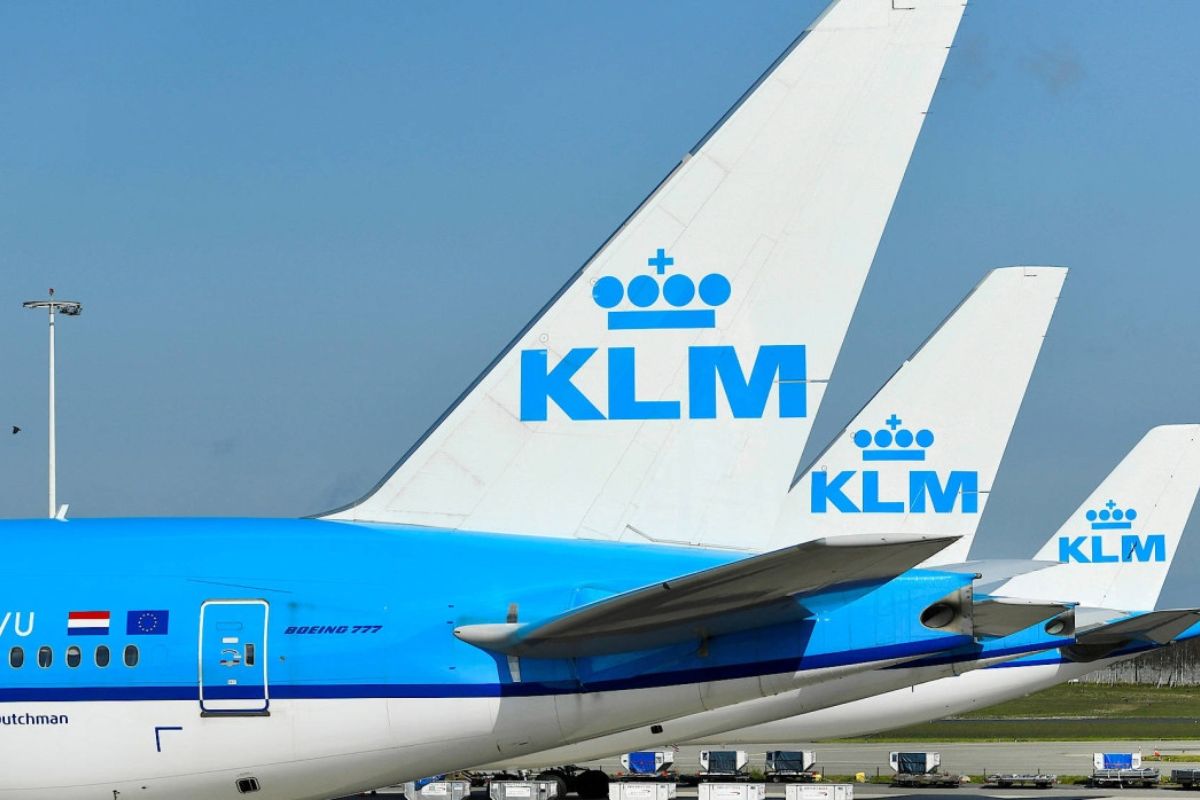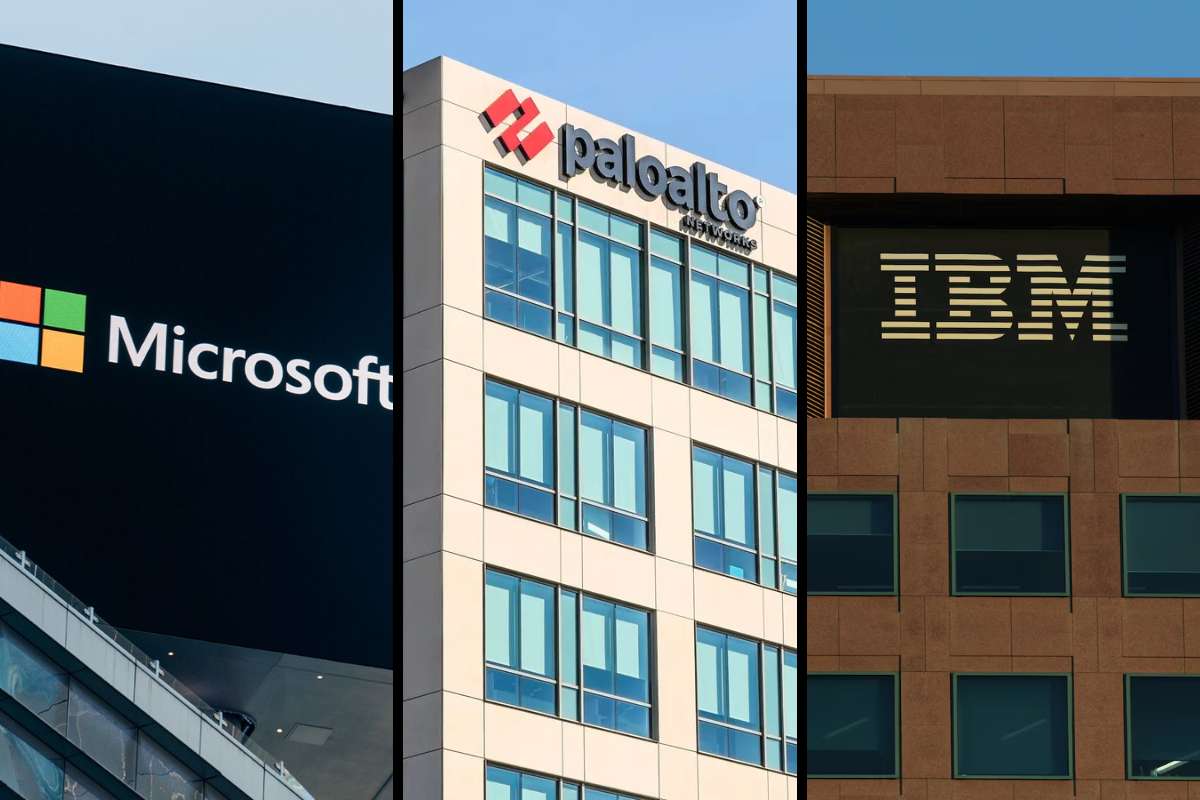Customer information exposed; airlines urge vigilance amid rising phishing threats
Air France-KLM Group has confirmed a data breach that compromised personal information of customers through a third-party customer service platform. The incident has raised concerns across the aviation and cybersecurity sectors, as the data exposure carries significant Phishing Risks and social engineering attacks.
The breach reportedly affected customers of both Air France and KLM Royal Dutch Airlines, two major European carriers under the Air France-KLM umbrella. According to initial disclosures, the breach originated from a platform used for managing customer interactions, not the airlines’ internal systems.
Unusual Activity Leads to Breach Discovery
The airlines stated that the breach was discovered following the detection of unusual activity on the external platform, which is widely believed to be associated with Salesforce, a global customer relationship management service provider. Although Salesforce has confirmed that its systems were not directly compromised, the breach appears to stem from social engineering tactics targeting users of the platform, rather than technical flaws in the platform itself.
Upon identifying the unauthorized activity, the airline’s internal cybersecurity teams acted swiftly in coordination with the third-party vendor to contain the breach and assess the scope of the exposure.
Exposed data includes customer names, contact information, and Flying Blue loyalty program membership details. The airlines emphasized that no financial information, passwords, travel itineraries, or passport data had been affected.
Customers Warned of Phishing Risks
Despite the limited scope of the breach, experts caution that the stolen data can still be used for targeted Phishing Risks attempts and identity fraud. Air France and KLM have begun notifying affected customers and urged them to remain vigilant for suspicious emails, calls, or text messages that may appear to be from the airline or other trusted entities.
“While passwords and payment data were not compromised, exposed personal information can still be leveraged for fraudulent activity,” cybersecurity analysts warned.
Passengers are advised not to respond to any unsolicited communication requesting personal details and to be cautious of links or attachments in emails claiming to be from the airline.
Cybercrime Group Suspected
While the airlines have not publicly attributed the breach to a specific actor, security researchers suggest that the ShinyHunters group may be involved. The group has previously targeted companies using customer service platforms and has been linked to similar breaches affecting major brands, including Qantas, Google, and Cisco.
The ShinyHunters are known for exploiting vendor relationships to infiltrate otherwise secure systems, bypassing traditional corporate firewalls by accessing external service points.
Regulatory Reporting and Remedial Actions
Air France-KLM has reported the breach to data protection authorities, including France’s Commission Nationale de l’Informatique et des Libertés (CNIL) and the Netherlands’ Data Protection Authority (DPA), in line with GDPR obligations.
In response, the airline group is enhancing its cybersecurity measures and reviewing its partnerships with third-party platforms. This includes tightening access protocols, re-evaluating vendor risk, and updating data protection policies.
“The security of our passengers’ personal information is our top priority,” the airline said in a joint statement. “We are taking the necessary steps to ensure such incidents do not happen again.”
Ongoing Industry Challenges
This breach is the latest in a series of cybersecurity incidents affecting the aviation sector, which increasingly relies on third-party platforms for managing customer services. As cybercriminals continue to exploit external systems, the risk landscape for airlines continues to evolve.
Industry experts suggest that robust due diligence and consistent monitoring of vendor platforms are now essential, alongside traditional in-house security protocols.
Steps for Passengers
Air France and KLM have published guidelines to help customers identify potential Phishing Risks and protect their personal information. Travelers are encouraged to:
- Verify communications through official airline channels
- Avoid clicking on links in unsolicited messages
- Enable multi-factor authentication on relevant accounts
- Report suspicious emails to the airline’s cybersecurity contact
Passengers concerned about their data exposure can contact the airlines’ data protection officers for further assistance.
Conclusion
The Air France-KLM data breach underscores the growing complexity of cyber risks in modern aviation. While core systems remained secure, the incident highlights vulnerabilities introduced through third-party service providers. As investigations continue, the focus remains on transparency, customer protection, and improving industry-wide resilience to cyber threats.
Also Read :-Cyberattack Hits Hawaiian Airlines’ IT Systems, Flights Continue Undisturbed






